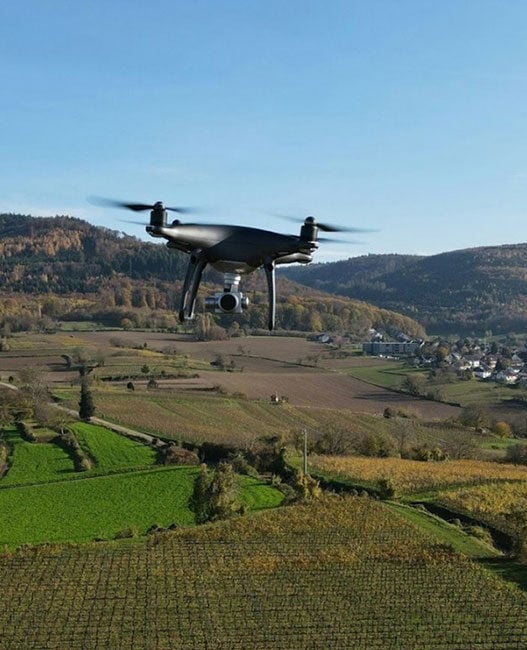Space Minister Andrew Griffith announced that a UK firm has received over £10m to replace Russian components in the rover, initially scheduled to launch in 2022 but postponed due to the cancellation of collaboration with Russia’s space agency following the invasion of Ukraine.
The UK Space Agency is now investing an additional £10.7 million for a UK team to substitute a Russian-made instrument on the rover, with the goal of a Mars launch in 2028. This investment raises the total Government contribution to the Rosalind Franklin project to £377 million through the UK Space Agency.
Designed for extensive exploration of Mars, the rover aims to drill up to two metres below the Martian surface to collect samples and analyse them using advanced onboard instruments. This could potentially uncover evidence of life on Mars.
The newly allocated funds will enable a team led by the University of Aberystwyth to develop a new instrument named Enfys, which means ‘rainbow’ in Welsh. This instrument will identify Martian surface targets for sampling and analysis. Enfys will collaborate with University College London’s (UCL) Mullard Space team’s panoramic camera to identify minerals, aiding the rover in sample collection for onboard analysis.
This announcement coincides with the final day of the UK Space Conference in Belfast, a gathering of global experts in space from government, industry, and academia.
Andrew Griffith, Science, Research, and Innovation Minister, remarked: “Is there life on Mars? That has been asked by mankind for generations and this UK investment is an exciting opportunity to enhance our understanding of the Red Planet and perhaps finally answer that very question.”
This development follows the Chancellor’s announcement in the Autumn Statement of nearly £47m in funding for the Earth observation sector, as the UK re-enters Copernicus from January 2024. This funding supports businesses, including small and medium enterprises, that utilise Earth observation data.
The Chancellor also confirmed £15m of calls under the £60m European Space Agency Advanced Research in Telecommunications Systems programme for the UK’s Connectivity in Low Earth Orbit scheme, fostering satellite communications development and enhancing the UK’s role in the satellite market.
The UK Space Agency’s latest investment in the Mars Rover complements ongoing efforts by UK institutions such as the University of Leicester, Bradford University, and the Science and Technology Facilities Council’s Rutherford Appleton Laboratory, which are instrumental in developing the Raman Laser Spectrometer’s CCD camera. This technology is crucial for detecting chemical compounds and biomarkers indicative of life.















